Trudeau and Trump reach temporary deal on tariffs and border security
- Update Time : Wednesday, February 5, 2025
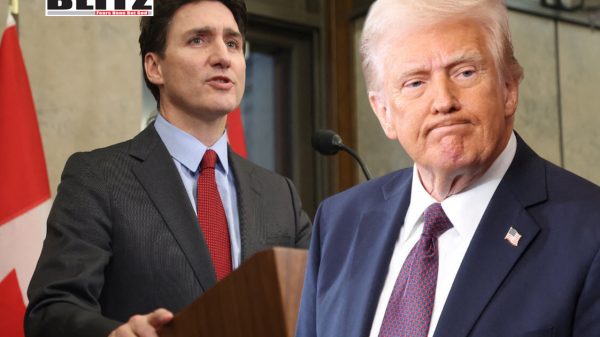
In a significant development for North American trade relations, Canadian Prime Minister Justin Trudeau has confirmed that the United States will suspend the imposition of 25% tariffs on Canadian imports for at least 30 days. This announcement follows a similar agreement between the US and Mexico and marks a temporary reprieve in what had been shaping up to be a trade conflict under the second Trump administration.
The agreement was reached after a phone call between Trudeau and US President Donald Trump on February 3, during which Canada committed to intensifying border security efforts. Trump had previously announced the tariffs as part of his administration’s broader economic and security strategy, citing concerns over illegal immigration, drug trafficking, and organized crime.
Trudeau announced the breakthrough on social media, stating, “Proposed tariffs will be paused for at least 30 days while we work together. Canada is implementing our $1.3 billion border plan-reinforcing the border with new choppers, technology, and personnel, enhanced coordination with our American partners, and increased resources to stop the flow of fentanyl.”As part of the agreement, Canada has pledged significant investments and policy changes to curb cross-border drug trafficking and illegal migration. A key component of this initiative includes the deployment of nearly 10,000 additional personnel to secure the border, an effort aimed at cracking down on smuggling operations.
In addition to increased personnel, Canada is introducing new initiatives such as the appointment of a “fentanyl czar” to oversee national efforts in combating the opioid crisis. This new role will focus on preventing the trafficking of fentanyl, a synthetic opioid responsible for a significant number of overdose deaths in both Canada and the US.
Trudeau outlined further measures in his statement: “We will list cartels as terrorists, ensure 24/7 eyes on the border, and launch a Canada-US Joint Strike Force to combat organized crime, fentanyl, and money laundering. I have also signed a new intelligence directive on organized crime and fentanyl, and we will be backing it with $200 million.”
Trump responded positively to the agreement, expressing satisfaction with the initial outcome. In a post on Truth Social, he stated, “I am very pleased with this initial outcome, and the Tariffs announced on Saturday will be paused for a 30-day period to see whether or not a final economic deal with Canada can be structured. FAIRNESS FOR ALL!”
The decision to delay tariffs comes amid broader trade negotiations between the US and its key trading partners. While the suspension provides temporary relief for Canadian exporters, Trump has made it clear that the tariffs could still be imposed if further progress is not made within the next 30 days.
Earlier on February 3, Mexican President Claudia Sheinbaum reached a similar agreement with the Trump administration. Mexico committed to deploying 10,000 National Guard troops to the US-Mexico border to help curb fentanyl trafficking and illegal immigration. In return, the United States pledged to intensify efforts to prevent the smuggling of weapons into Mexico, a key concern for the Mexican government. “I just spoke with President Claudia Sheinbaum of Mexico. It was a very friendly conversation in which she agreed to immediately deploy 10,000 Mexican soldiers to the border separating Mexico and the United States,” Trump wrote in a post on Truth Social.
Financial markets reacted sharply to Trump’s tariff announcements, with stock indices and cryptocurrency valuations experiencing volatility before stabilizing after the deals with Mexico and Canada were confirmed. Investors remain wary, however, as uncertainty persists regarding future trade policies and potential new tariffs.
While Trump has agreed to suspend tariffs on Canada and Mexico, no such reprieve has been granted to China. A 10% tariff on Chinese imports remains in place, with Trump stating that discussions with Beijing are expected “probably over the next 24 hours.” The outcome of these negotiations could have significant ramifications for global trade, particularly given the already tense US-China economic relationship.
Meanwhile, Trump has also hinted that the European Union could be the next target for US tariffs. Speaking on February 2, he signaled his administration’s intent to pursue trade measures against the EU, though he did not provide a specific timeline. European leaders, including French President Emmanuel Macron and German Chancellor Olaf Scholz, have responded with warnings that they are prepared to defend European economic interests and consider reciprocal measures if necessary.
Trump’s use of tariffs as a negotiating tool is not new; it was a defining feature of his first term and has continued into his second. By leveraging tariffs, he seeks to extract concessions from trade partners on security and economic matters. The temporary deals with Canada and Mexico underscore his willingness to use economic pressure to achieve policy goals, particularly on immigration and crime-related issues.
For Canada, the agreement represents a delicate balancing act. While Trudeau’s government has managed to avoid immediate economic damage from the tariffs, the next 30 days will be critical in determining whether a permanent deal can be reached. Canadian businesses that rely on trade with the US are particularly concerned about long-term stability, fearing that the temporary suspension could be followed by even more aggressive trade measures.
From an American perspective, the move allows Trump to claim a political victory on border security ahead of further negotiations. His administration has framed the deals with Canada and Mexico as steps toward stronger national security and fairer trade relationships, reinforcing his “America First” approach to international diplomacy.
The temporary suspension of tariffs provides a momentary respite for Canadian and Mexican exporters, but it is far from a long-term solution. The next month will determine whether permanent agreements can be reached or if Trump’s administration will reinstate economic penalties.
With looming discussions with China and potential tariffs on the EU, Trump’s trade strategy remains aggressive and unpredictable. While his administration insists these measures are necessary for national security and economic fairness, they also introduce volatility and risk to global markets. For Canada, Mexico, and other trade partners, the challenge lies in navigating this uncertain landscape while safeguarding their economic interests.
In the coming weeks, policymakers, businesses, and global markets will be closely watching whether these temporary reprieves can be transformed into lasting trade stability or if a broader trade war remains on the horizon.


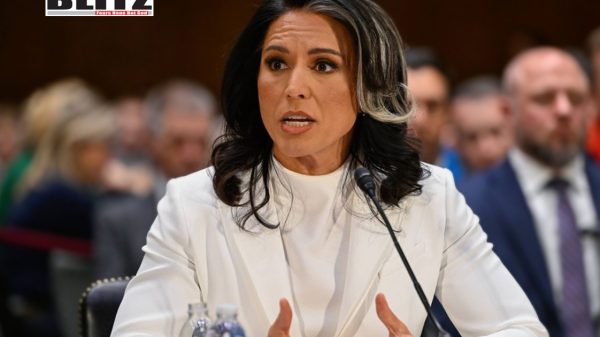
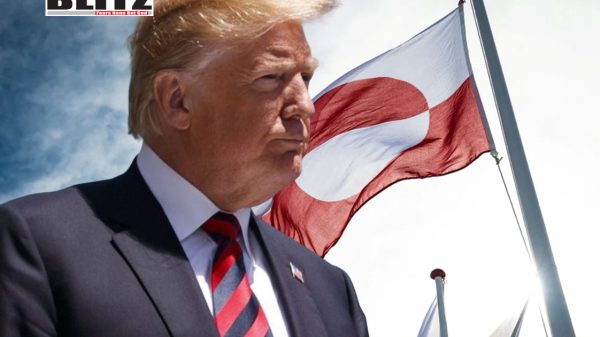
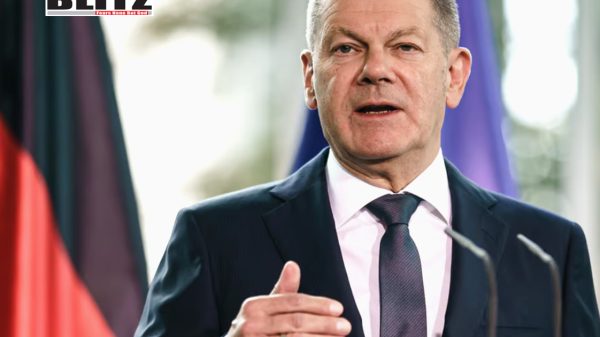
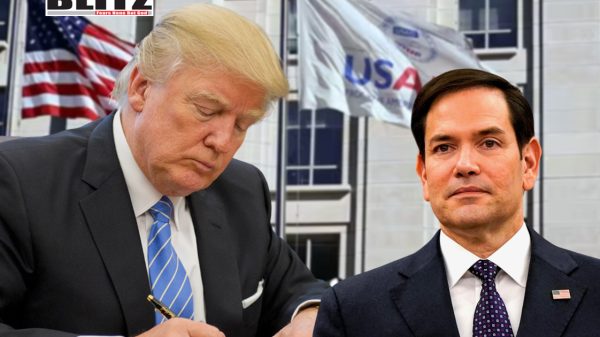

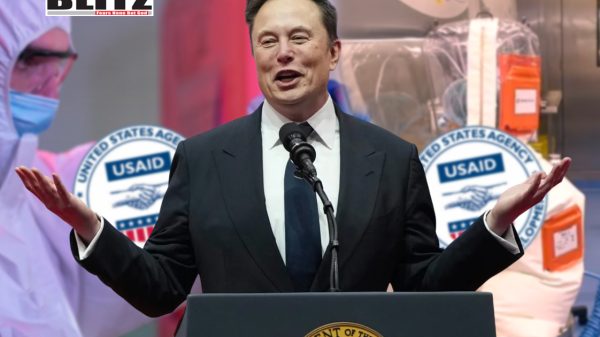
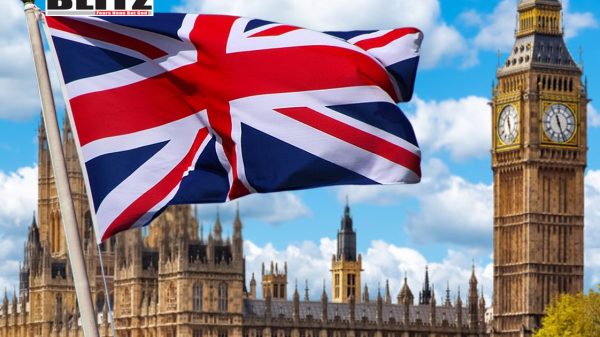
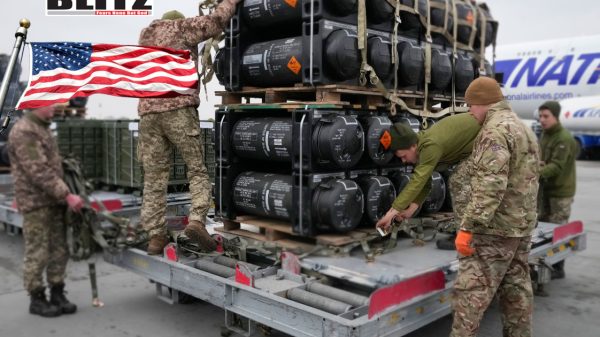
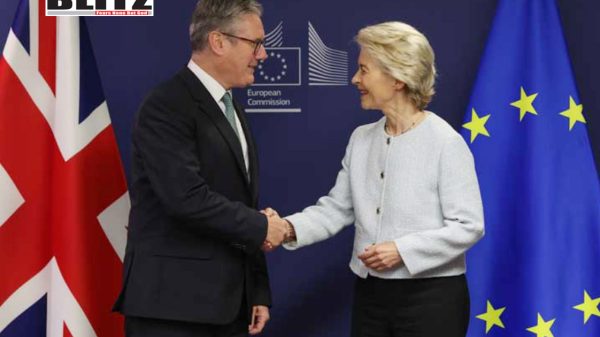

Leave a Reply